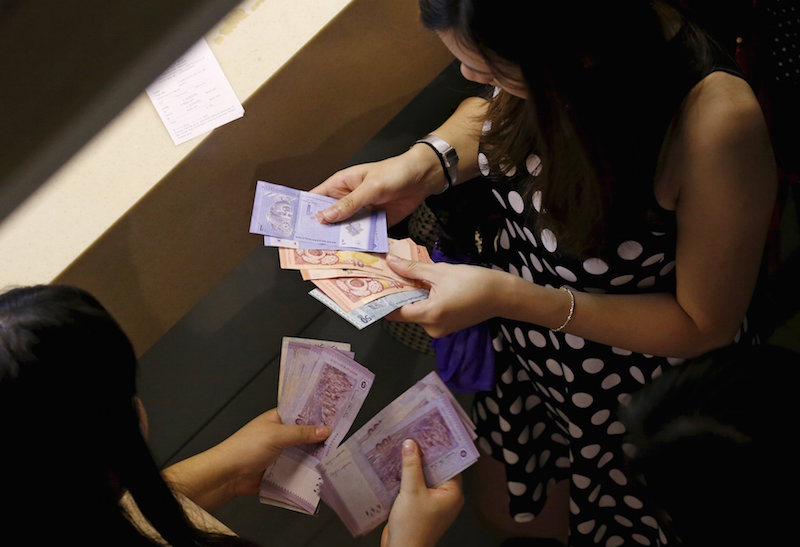KUALA LUMPUR, March 2 — A higher proportion of Pakatan Harapan (PH) supporters and undecided voters earn more and possess higher education compared to supporters of Barisan Nasional (BN) and PAS, according to a survey by International Islamic University of Malaysia’s (IIUM).
In contrast, seven in 10 BN supporters surveyed by the IUM Electoral Study Group earned less than RM4,000 per month, slightly more than the polled average of 63 per cent.
Those earning less than RM4,000 made up the bulk of PAS supporters, at eight in 10 respondents.
Just over half of PH supporters fell into that bracket. In addition, 14 per cent of PH supporters earned more than RM6,000 per month.
On average, 63 per cent of Malaysians earn less than RM4,000, while 10 per cent earn more than RM6,000 per month.
But back when the same survey was conducted in 2008, 92 per cent of Malaysians had earned less than RM4,000.
Malaysians who earned more than RM6,000 could only be significantly observed when the survey was repeated in 2013.
Last October, the Department of Statistics showed that the median household income for Malaysians was RM5,228 per month.
When it comes to education level, around 20 per cent of PH supporters surveyed were degree holders, higher than the polled average of 14 per cent.
In comparison, only 8 per cent of PAS supporters were degree holders. Over half of PAS supporters were secondary school leavers, and nearly one in 10 only completed primary school.
Similarly, higher proportions of BN supporters only completed primary or secondary school, compared to the polled average.
“Pakatan Harapan seems to be a more urban party, so they have more people who are highly educated and earn more,” said Prof Datuk Syed Arabi Idid who led the survey, contrasting to the majority of BN and PAS supporters who come from rural areas.
Although the survey was meant to gauge the composition of party supporters, it also found that in general, income has improved this year compared to a decade ago.
“The whole country has advanced, there are more people earning income RM4,000 to RM5,000 per month and above,” he told Malay Mail.
The survey pointed out that despite the rise in income, most people were still earning less than RM4,000 and therefore high cost of living, prices of basic necessities, employment, and the goods and services tax were the prime concerns of Malaysian voters.
It had polled 2,551 respondents from a randomised pool between November 25, 2017 and January 7 this year.



















